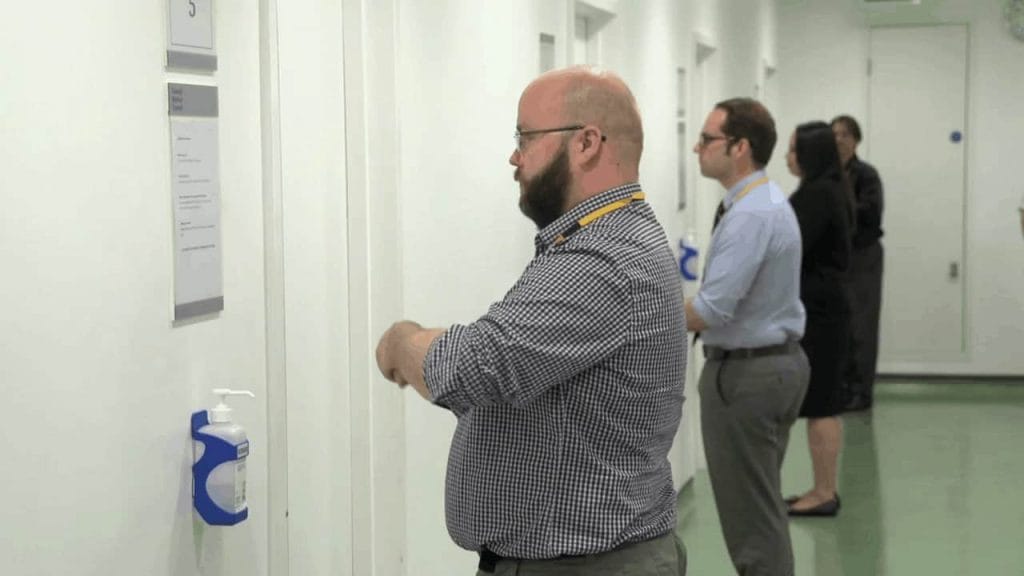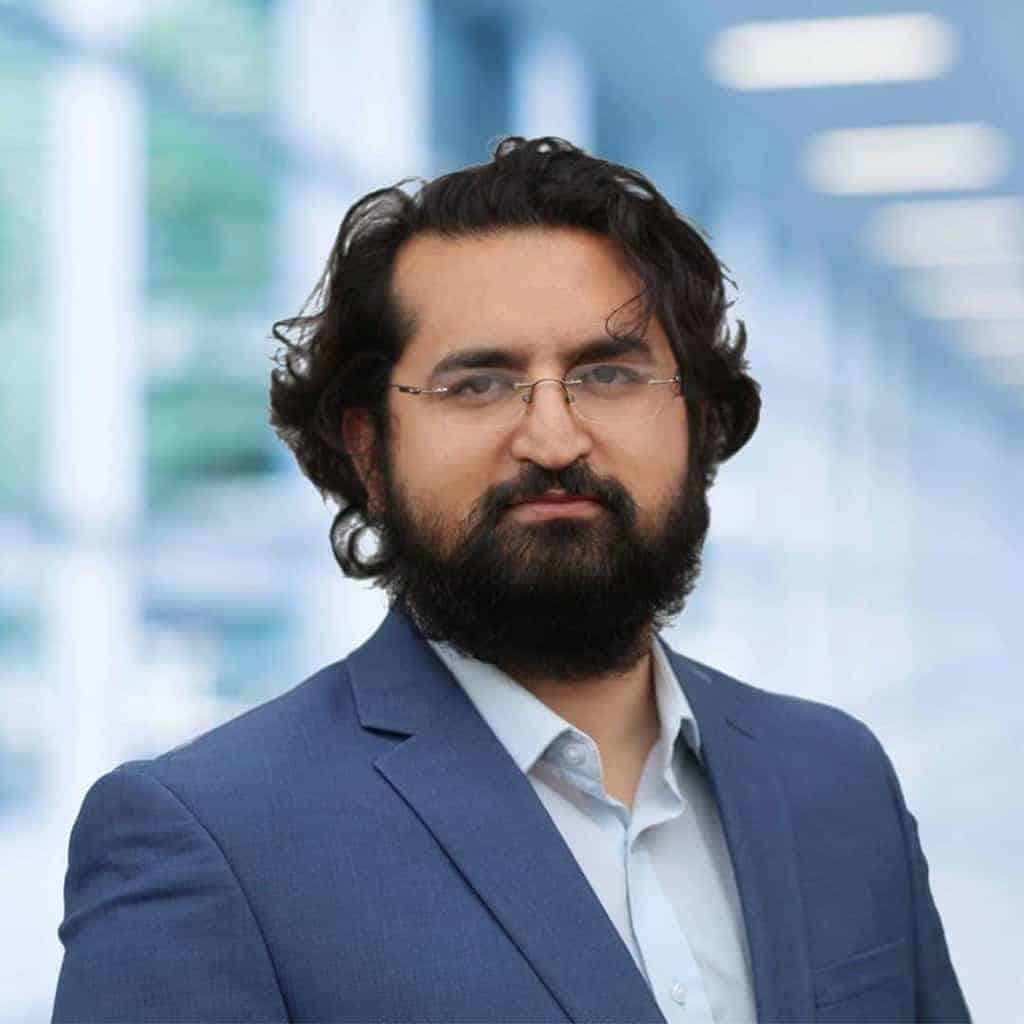Failing PLAB/UKMLA 2 : Dealing with unfortunate results

Your PLAB/UKMLA 2 results came out and you’re not happy. You studied hard, you toiled for hours on end, and you cannot believe the marks in front of you. How could this happen? Don’t stress. Take a deep breath and stay in control, because this is just a minor detour, not a deterrent on your road to the UK. So let’s discuss your options and how you can proceed.
I want a recheck of my PLAB/UKMLA 2 exam!
That’s completely understandable. When you have your PLAB/UKMLA 2 results that are often within a fraction of passing, you start to wonder if you can just ask for your marks to be double-checked. I mean, why not ensure you were given the full weight of your effort?
Unfortunately, the GMC does not approach rechecking in the same manner that, say, the IELTS or OET examiners do. The only grounds for appeal with the GMC is where there is clear evidence of a procedural irregularity in the consideration of the case. They will NOT accept an appeal on the grounds that you do not agree with the original decision.
If they believe that there has been an irregularity, the assistant director will consider the material and pass it on to the relevant director. The director will consider whether the disputed facts are proved. GMC will email you about the decision and any remedy that has been applied. The director’s decision will be final.
When can I appeal my PLAB/UKMLA 2 results?
Let us first discuss the right to appeal that must be fulfilled before proceeding. GMC states on their website that you have a right of appeal against the result if:
- there is clear evidence of irregularity in the conduct of the exam (including administrative error), which has adversely affected your performance
- there were exceptional circumstances, (for which clear documentary evidence must be provided), which adversely affected your performance. You are advised to submit details of any such circumstances as soon as possible after the examination (usually within three working days) and not wait until after you receive your results.
They will not accept an appeal for other reasons, such as:
- you consider that your efforts were under-marked
- you did not understand or was unaware of the exam procedures
- you seek to question the exercise of professional or academic judgement
If you want to appeal the result of the exam, you must have clear evidence of procedural irregularity which has adversely impacted your performance.
I’ll try for an appeal. How do I proceed?
You must contact GMC within ten working days of the release of the PLAB 2 results, by email, or by writing to them at Manchester address.
Any appeal submitted after this period must include an explanation and evidence as to why you could not submit it sooner, and the appeal will only be accepted at GMC’s discretion.
If I have proof of an irregularity, what will happen next?
If the assistant director determines that there is clear evidence of procedural irregularity, which has adversely affected your performance, the following options are available:
- any mark originally awarded can be corrected, which may have an impact on whether you then pass the exam
- the result will be annulled, and you can re-sit the exam without paying the fee
- other options can be offered at the discretion of the assistant director
GMC will email you within 5 working days regarding the results of the investigation.
Okay, I don’t have an appeal, I just want to make a complaint.
If you want to raise an issue about any aspect of the exam, that is outside the appeals procedure, you can make a complaint. You can do this by emailing GMC at plab@gmc-uk.org within 28 days of the exam.
I’m not happy with the outcome of the investigation. Can I appeal again?
The only grounds for appeal is where there is clear evidence of a procedural irregularity in the consideration of the case. GMC will not accept an appeal on the grounds that you do not agree with the original decision. If they consider if your appeal fulfills the requirements above, and the assistant director will consider the material and pass it on to the relevant director. The director will consider whether the disputed facts are proved. Again, you will be emailed about the decision and any remedy that has been applied. The director’s decision will be final.
To summarize, a recheck/appeal has almost a zero chance of changing your result from fail to pass if there was no procedural irregularity which may have caused it. The best course of action, unfortunately, is to RETAKE the exam.
When can I retake the PLAB/UKMLA 2 exam?
After your PLAB/UKMLA 2 results are published, you can book another date immediately. There is no time limit. You can book ANY date that is open. Remember to keep your visa limit into consideration. You cannot extend your visit visa, but you can go back to your country and apply for a new visit visa if the date doesn’t cover in your current visa.
How many attempts do I have for the PLAB/UKMLA 2 exam?
You are allowed FOUR attempts for PLAB/UKMLA 2 within two years from your PLAB/UKMLA 1.
To be eligible for an additional, fifth attempt for either PLAB/UKMLA 1 or 2 (after your fourth attempt), there must be at least 12 months between your fourth attempt and requesting an additional attempt. You will need to undertake further learning to improve your medical knowledge and clinical skills. You must have completed either 12 months’ clinical practice or a post graduate qualification.
What kind of clinical practice?
- A minimum of 12 months’ full-time clinical practice (or equivalent part-time basis), with direct patient care.
- Supported by structured reports from senior doctors responsible for your work, to show satisfactory completion.
- Completed in the two years before requesting an additional attempt to demonstrate that you are keeping your knowledge and skill up to date.
- Undertaken in an institution that meets the standards for regulation within its jurisdiction, and we must be able to verify this.
- Honorary posts and those involving observation, such as clinical attachments, shadowing, observerships, and clerkships are not acceptable.
What kind of post graduate qualifications?
- It should be a clinical subject where a primary medical qualification or other degree is required for entry.
- To be completed over at least one academic year (or equivalent part-time basis).
- To be accompanied by a certificate from the awarding institution. Honorary qualifications are not acceptable.
- Completed in the two years before requesting an additional attempt to demonstrate that you are keeping your knowledge and skill up to date.
- Undertaken in an institution that meets the standards for regulation within its jurisdiction, and we must be able to verify this.
Will retaking PLAB/UKMLA affect my chances of getting a job or future career progression?
We are wired to judge other systems based on our own systems, and that’s why questions like these pop up.
NO, retaking won’t influence your career, as nobody will ever even know how many times you took the exam. And PLAB/UKMLA is NOT A DEGREE. It’s a registration exam. You pass, you get registered, end of story! Passing by getting 180+ or just squeaking by with 0.2 more than the pass marks, it doesn’t matter!
OK, I will retake the exam. But how can I make sure to do better?
You have to find your weak pillars from your previous PLAB/UKMLA 2 results. From both the quantitative and qualitative feedback provided in your result, you can have an idea in which area you were lacking the excellence. You must know that already that each station is assessed based on your performance against the three marking domains in it:
- Data gathering, technical and assessment skills
- Clinical management skills
- Interpersonal skills
So, you can start working on the specific domain that you fell short in your previous attempt.

A few personal pointers
- Maintaining a proper format of history taking as well as NOT swaying away from the target by asking a plethora of memorized history questions is the way to go. For example, if the patient complains of pain, it’s expected that you explore the SOCRATES first, then go for medication or immunization history or whatever, if relevant. The hierarchy of your questions tells volumes about how you gather the data and assess a patient. Instead of practicing blindly from the notes, I would suggest using your own logic and understanding. You are a doctor, after all!
- Management skills doesn’t always mean correct medication and dose. In most of the stations, you are a foundation doctor, and you are NOT expected to make the patient a-okay by yourself. You are expected to manage the patient. For example, exploring the ICE (ideas, concerns, and expectation) of the patient is a big part of the management. You are maybe very worried that the patient may go blind in one eye, but her utmost concern can be the headache that doesn’t go away. So, it’s not about treating the disease, it’s about the patient.
- Interpersonal skills is the most bumped domain by the IMGs. It can be due to the fact of the disparity of expectations of the patients back in home country vs in the UK. Not to sound stereotypical, but I think most of us will agree that, sub-continental patients expect to be treated with authority, where patients generally should be treated with utmost care and empathy. Due to our practice in our home country, it’s easier to lose touch of empathy while communicating with a patient. That has to be changed. You have to learn how to express how you feel about the patient by practicing with your colleagues who have good expression or in front of the mirror. It may sound silly, but you must have heard, when in Rome, do as the Romans do!
Do I change my PLAB/UKMLA 2 course?
That also comes as a thought after you get your fail results. And, to be honest, my personal opinion is- it doesn’t matter. I have seen both ways, very frequently. People keep practicing in the same academy and pass in their next attempt, or people change academies and also pass. I personally feel academies can only add 25-30% to your preparation where the rest depends solely upon YOU.
So, the decision of changing the PLAB/UKMLA 2 course is totally up to you but don’t think that other academies will have a magic wand to make you pass. It’s YOUR preparation, it’s YOUR hard-work and understanding of the PLAB/UKMLA 2 exam.
But if you decide to redo a course please consider putting enough time to practice again as well, How to plan for PLAB 2 and course.
Do I need to retake PLAB/UKMLA 1 if I’ve failed PLAB/UKMLA 2?
Not technically. As PLAB/UKMLA 1 has a two-year validity, if you are retaking PLAB/UKMLA 2 and your PLAB/UKMLA 1 is still valid, you do not need to take PLAB/UKMLA 1 again. So long as your PLAB/UKMLA 1 remains valid, you don’t have to appear in it again before you retake PLAB/UKMLA 2. Keep in mind that the validity starts from the date you appeared in the PLAB/UKMLA 1 exam, not the date you booked or the date the PLAB/UKMLA 2 results came out.
To conclude, failing PLAB/UKMLA 2 is NOT the end of the world. I know it’s a lot of money, but you must have considered this before you took this road to the UK. So, buckle up and go at it again with all that you can muster!
Good luck!

